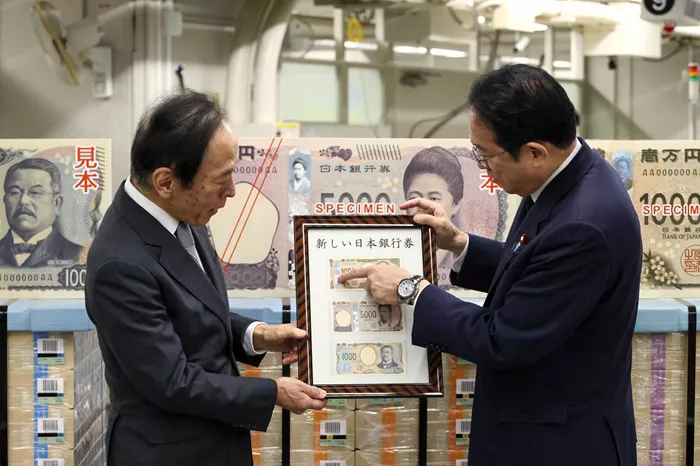The anticipated resignation of Prime Minister Fumio Kishida is expected to have significant implications for Japan’s monetary policy, with some analysts suggesting that it could pave the way for higher interest rates set by the Bank of Japan (BOJ). The political shift is seen as a potential catalyst for changes in economic policy, which may influence the central bank’s decisions regarding interest rates.
Impact of Leadership Change on BOJ Policy
Strategists argue that Kishida’s departure could lead to a reevaluation of Japan’s current monetary policy stance. The new leadership might prioritize addressing inflationary pressures more aggressively, which could result in an upward adjustment of interest rates by the BOJ. Such a move would mark a significant shift from the prevailing accommodative monetary policy aimed at stimulating economic growth.
Market Expectations and Economic Implications
Market participants are closely monitoring the political developments and their potential impact on BOJ policy. If a new administration prioritizes tightening monetary policy to combat rising inflation, this could lead to higher borrowing costs and affect various sectors of the Japanese economy. The anticipation of such policy changes is already influencing investor sentiment and market dynamics.
Strategic Considerations for the BOJ
The BOJ has historically maintained low interest rates to support economic recovery and combat deflation. However, with a possible change in leadership, the central bank might reassess its approach in response to evolving economic conditions and policy priorities. Analysts suggest that a shift towards higher rates could signal a more proactive stance in addressing inflationary concerns.
Future Outlook and Investor Reactions
As the situation unfolds, investors will be keenly observing the selection of Kishida’s successor and the subsequent policy direction of the BOJ. The potential for higher interest rates could have wide-ranging effects on Japan’s financial markets, including changes in currency value and investment strategies.
Conclusion
The expected resignation of Prime Minister Fumio Kishida is likely to influence Japan’s monetary policy, with analysts predicting a potential increase in BOJ interest rates. As political developments unfold, the impact on economic policy and market conditions will be closely watched by investors and policymakers alike.
Related Topics:

